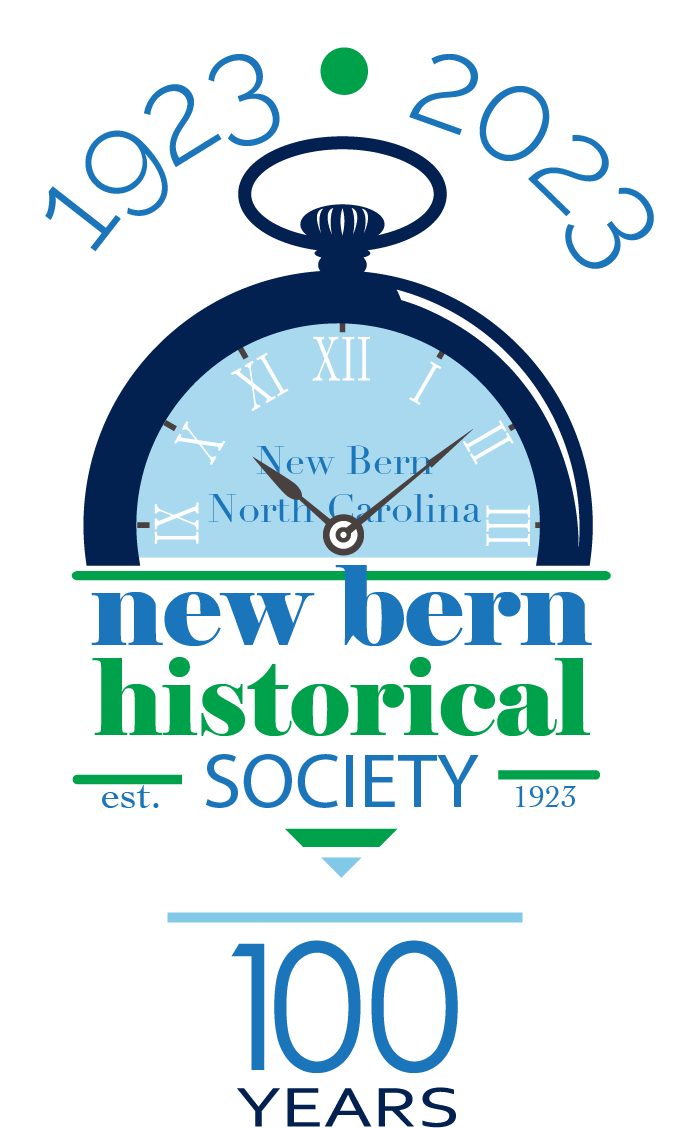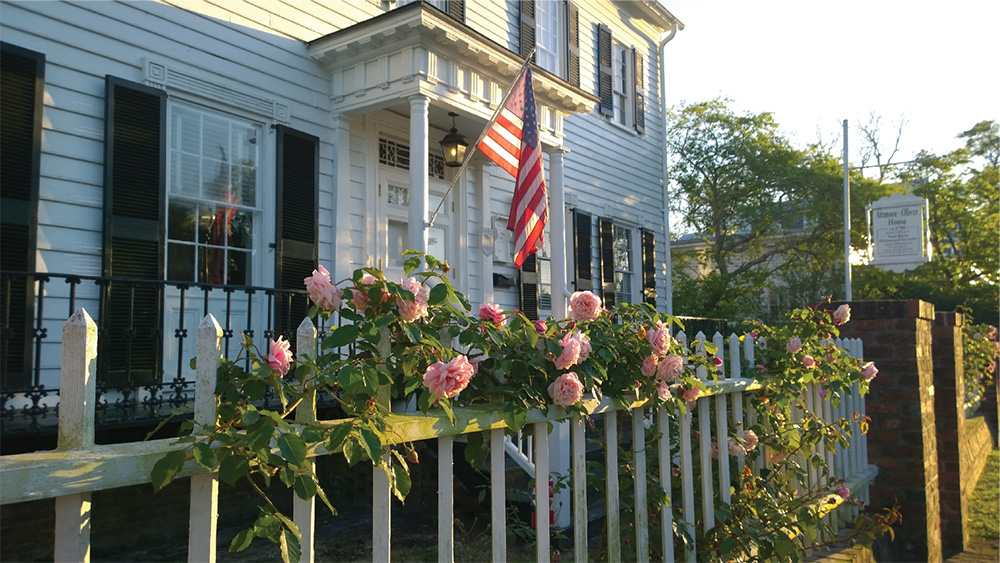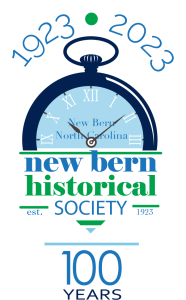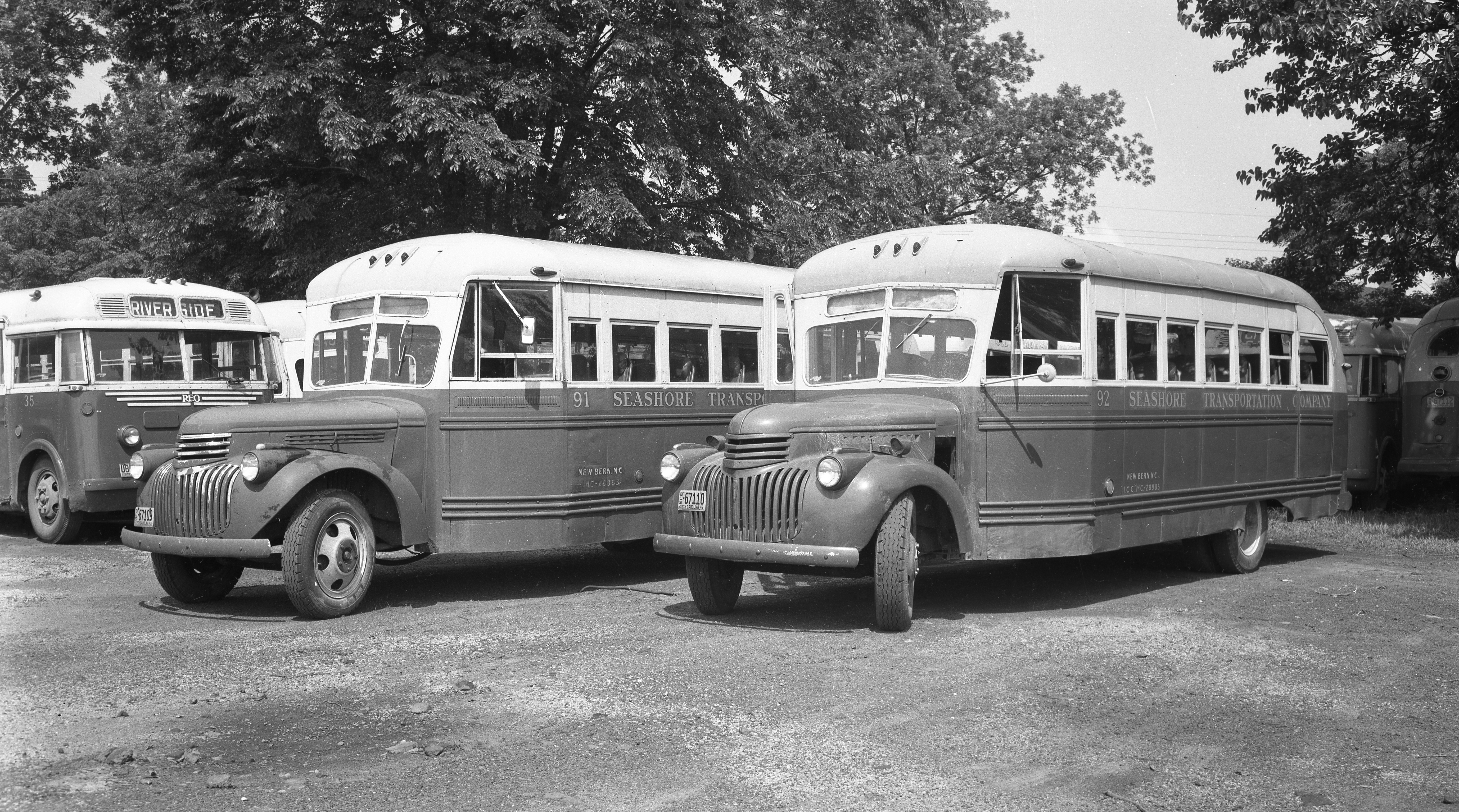 A Local Legend with a Global Past
A Local Legend with a Global Past
NBHS Historian/Claudia Houston
New Bern has seen its fair share of ambitious dreamers, but few have left a mark quite like James Milton West. Born in Ohio in 1879, West was anything but ordinary. By the time he made New Bern his home in the 1920s, he had already lived a life packed with adventure, innovation, and international intrigue.
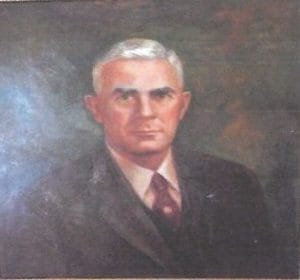 James West joined the U.S. Navy just before the outbreak of the Spanish-American War in 1898. During that conflict, he was stationed at various coastal defenses, gaining hands-on experience with naval artillery and international military strategy.
James West joined the U.S. Navy just before the outbreak of the Spanish-American War in 1898. During that conflict, he was stationed at various coastal defenses, gaining hands-on experience with naval artillery and international military strategy.
When Japan went to war with Russia in 1904, West did something almost unheard of—he signed on with the Imperial Japanese Navy as a maritime gunner. He played an active part in sinking multiple Russian ships and was monetarily rewarded by the Japanese government for his efforts.
After returning stateside, West took on a variety of high-level roles in railroad, land, and port development throughout the South. In 1924, he put down roots in New Bern, a town that would become the heart of his legacy.
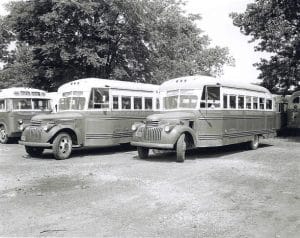 By 1925, West launched the Seashore Transportation Company, starting with just three “flat top” buses—named for the luggage racks strapped to their roofs. Each row of seats had its door on both sides of the vehicle, making them as quirky as they were functional.
By 1925, West launched the Seashore Transportation Company, starting with just three “flat top” buses—named for the luggage racks strapped to their roofs. Each row of seats had its door on both sides of the vehicle, making them as quirky as they were functional.
He wasn’t just starting a bus company, he was shaping North Carolina’s transportation laws, helping to lay the groundwork for regulation in the fast-evolving world of motor travel. West’s small operation quickly grew into a statewide powerhouse. At the height of World War II, Seashore Transportation operated 117 buses and employed 455 men, making it the largest business in the state owned by a single individual. City Transit, a subsidiary of Seashore, opened to provide transportation within New Bern, Bridgeton, and James City. The central station sat on Broad Street, where Broad Street Christian Church stands today.
West was also an innovator. In the 1940s, he became the first business owner in the country to offer 10% Christmas bonuses to all employees. He even dabbled in energy innovation, experimenting with a steam-powered bus system as an alternative to gasoline.
James West didn’t just run a business—he helped run New Bern. He served as an Alderman and held memberships in the St. John’s Masonic Lodge, Sudan Shriners, Elks Club, and Christ Episcopal Church. He was also named the first chairman of the New Bern Housing Authority, working to improve local living conditions and city planning.
In March 1946, James and his wife set out on their yacht to visit Fort Lauderdale, Florida. But what was meant to be a sunny escape turned tragic—West fell gravely ill and was hospitalized. When he failed to respond to treatment, he was urgently transported back to New Bern. Despite doctors’ efforts, he died on March 1, 1946, of double pneumonia. In tribute to Mr. West, every Seashore bus in service paused for one minute at 3:00 PM on the day of his funeral. All company operations came to a complete stop for a solemn hour of remembrance.
James Milton West was laid to rest in a private mausoleum in the Cedar Grove Cemetery extension on Broad Street that he commissioned for $2,000. Buried with him are several other family members.
His will reflected his generosity: He left money to his family, longtime employees, his two dogs, Christ Episcopal Church, and the Shriners Hospital for Children. The Seashore Transportation Company continued for a time, but the bus line ceased to exist after an acquisition in the 1980s.
The Seashore buses and the man who ran them remained iconic sights in New Bern for decades. James Milton West is remembered not just as a businessman but also as an adventurer, a risk-taker, a patriot, and a generous civic leader—a man who sank ships for one empire and built another in his hometown.
